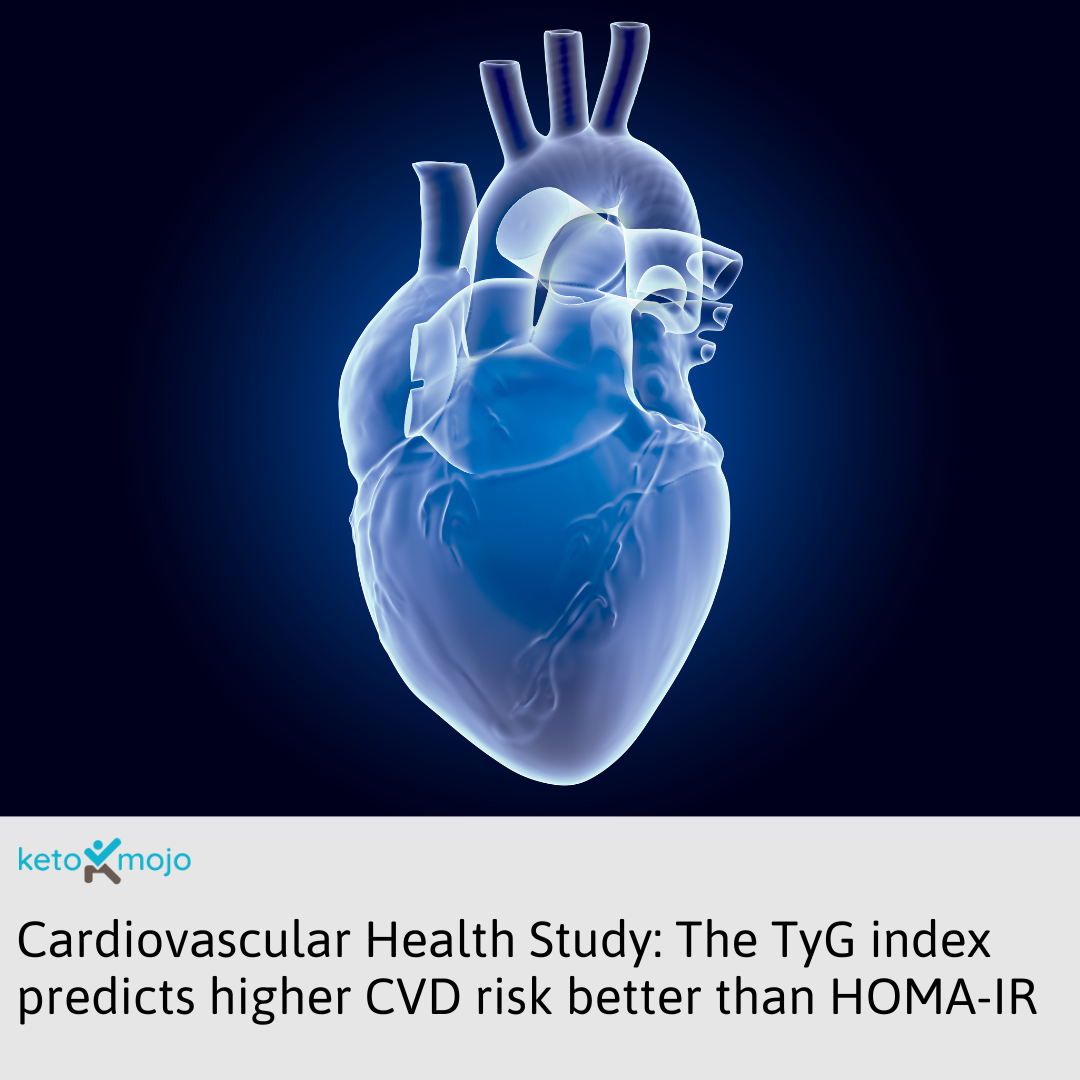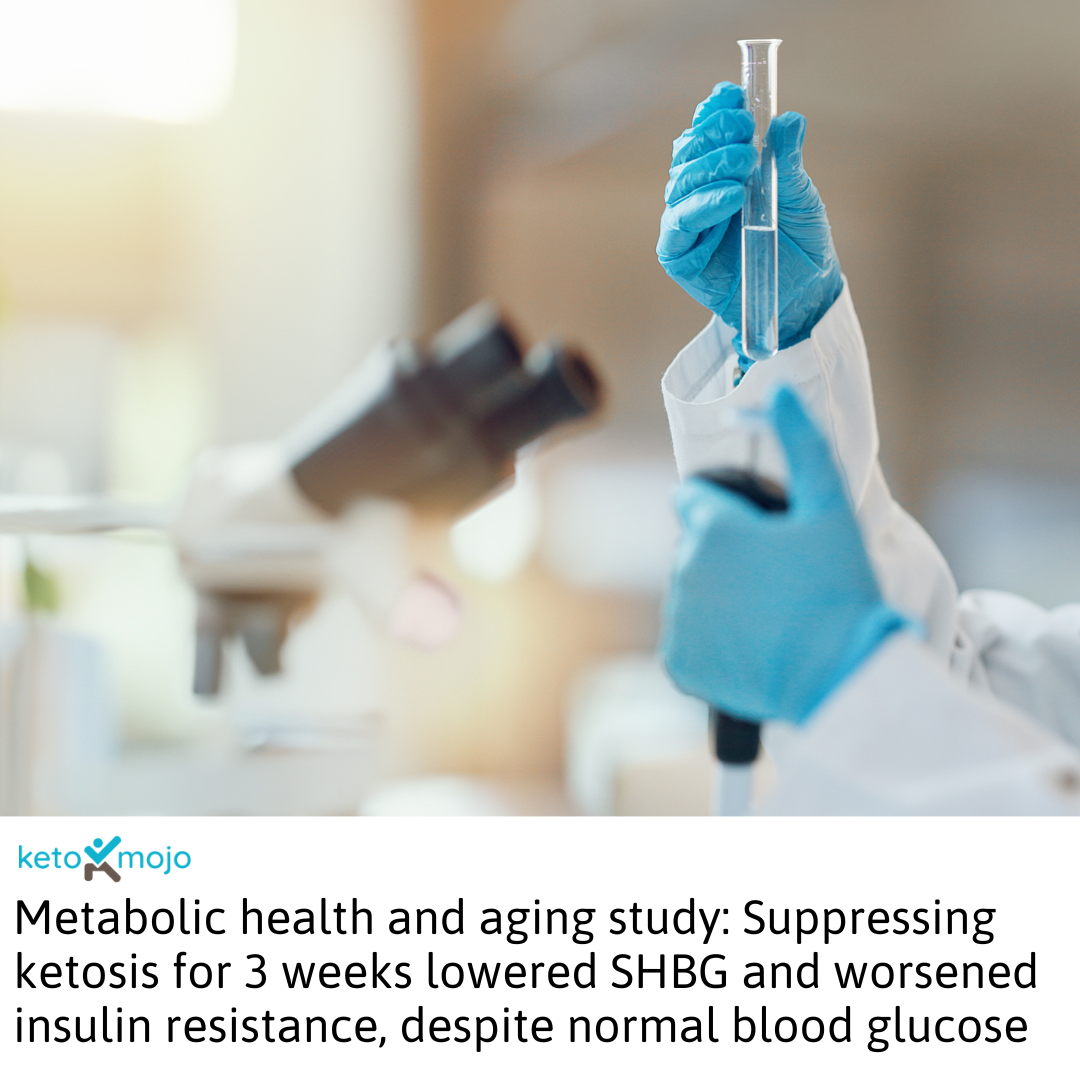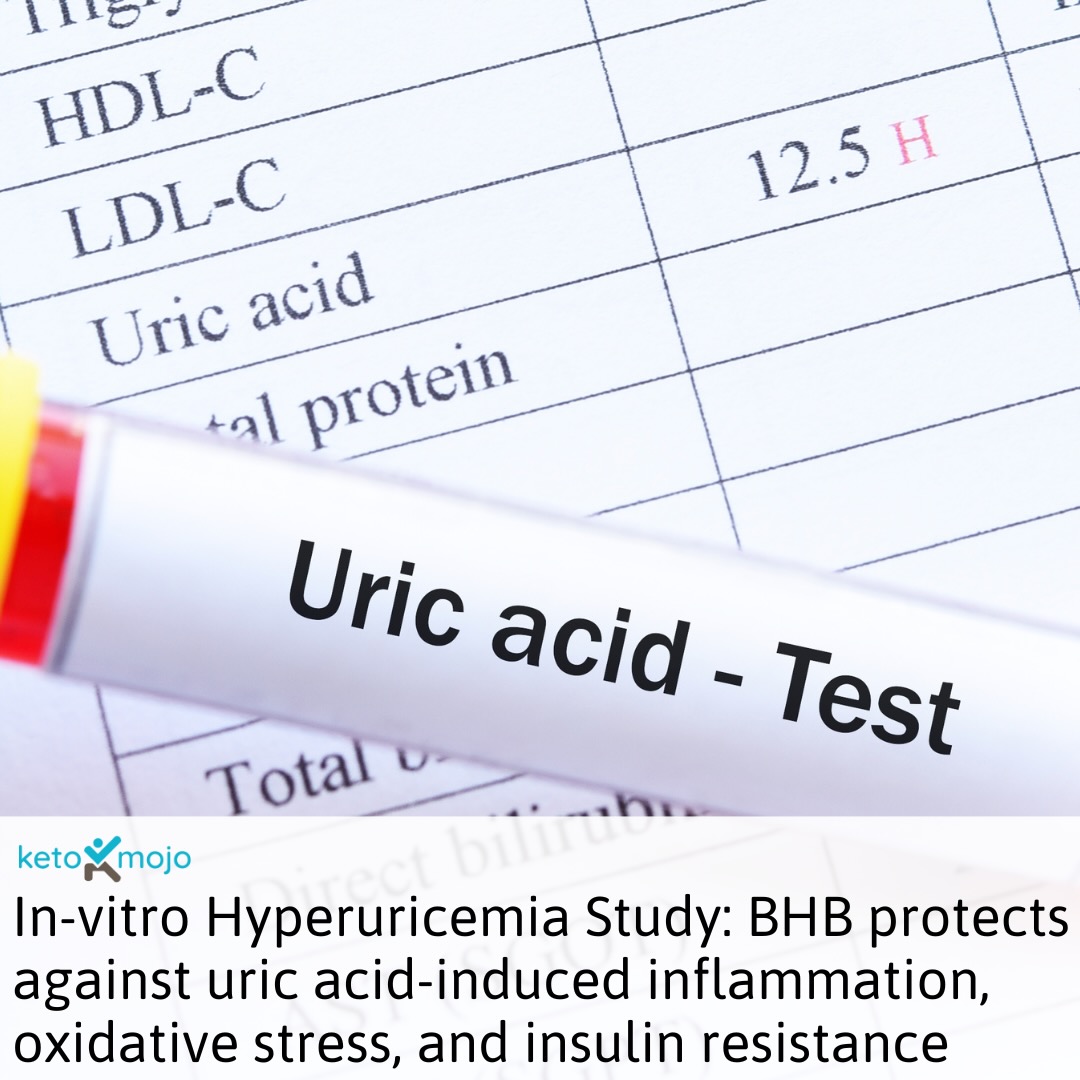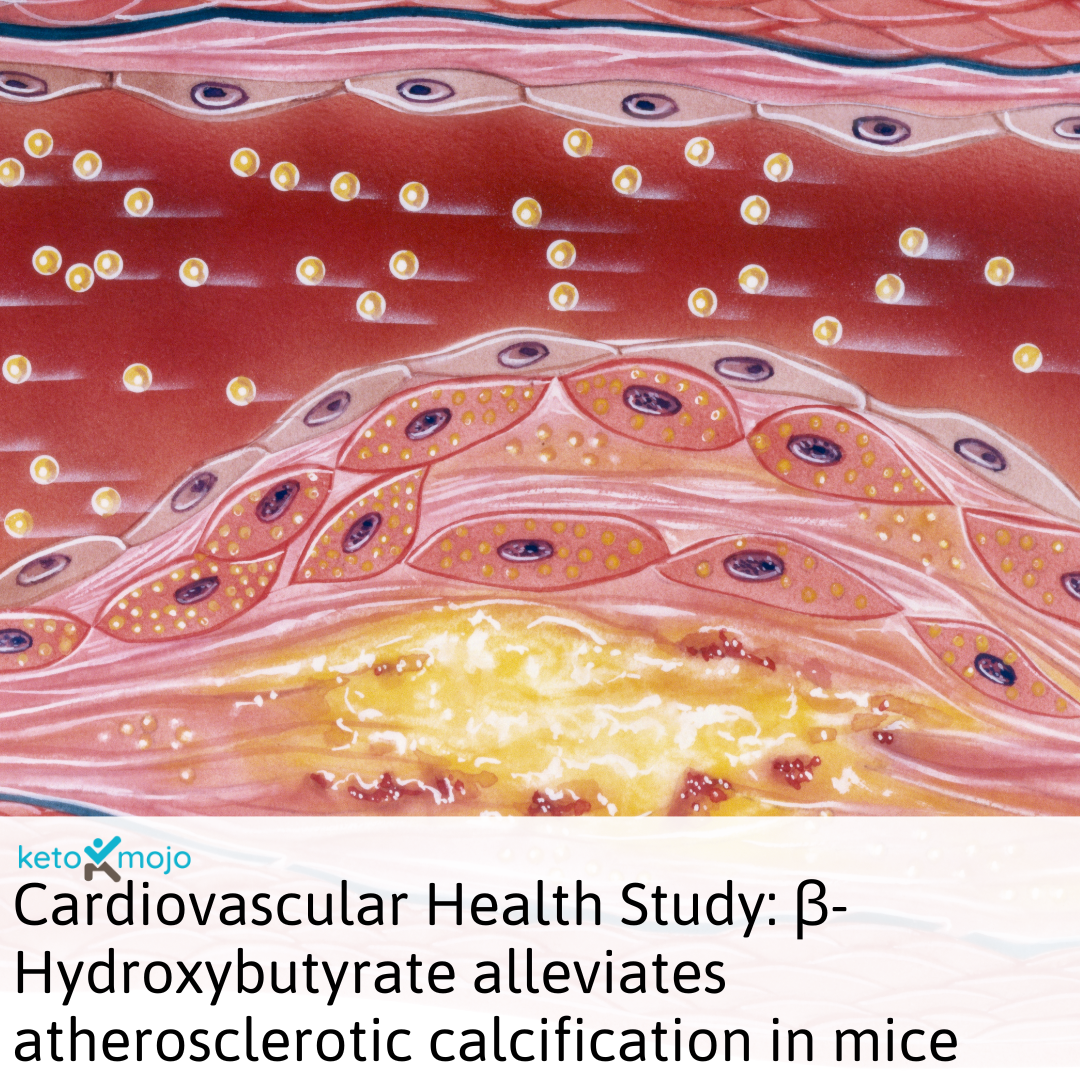Cardiovascular Disease
Triglyceride-Glucose Index Predicts Future Atherosclerotic Cardiovascular Diseases: A 16-Year Follow-up in a Prospective, Community-Dwelling Cohort Study

🔬 Triglyceride-Glucose (TyG) Index and Cardiovascular Risk ❤️
A recent study by Moon et al. (2023) explored the relationship between the TyG index, a measure of insulin resistance, and cardiovascular disease (CVD) in a large community-based Korean cohort aged 40 to 70.
Key Findings:
- Over a median follow-up of 15.6 years, 10.9% of 8,511 subjects developed CVD.
- Those in the highest TyG quartile had a 36% increased risk of developing CVD compared to the lowest quartile, even after adjusting for various factors.
- The TyG index demonstrated higher predictive power for CVD than the homeostasis model assessment of insulin resistance (HOMA-IR).
Conclusion: The TyG index is independently associated with a higher risk of future CVDs, emphasizing its potential as a valuable tool for predicting cardiovascular risk in clinical practice.






